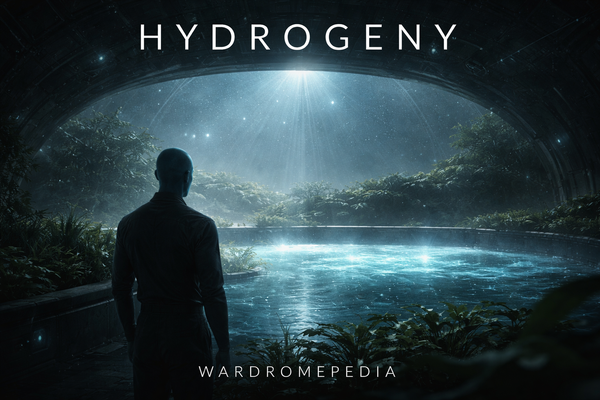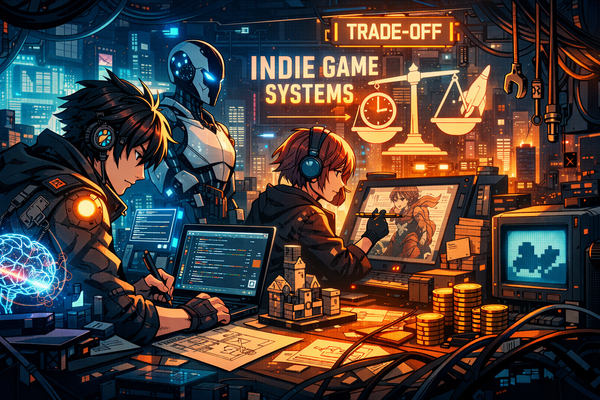Monetization through engagement: Building a loyal community before profiting
Monetization shouldn't always come first. Building a loyal and engaged community ensures that when monetization strategies are introduced, they will be more effective and well-received. This article explores how to foster deep community engagement before rolling out monetization strategies, ensuring long-term success.
1. Why engagement should precede monetization
Monetization models can often alienate players if they feel forced or appear before a solid player base is established. Creating a community-driven approach helps build trust and loyalty. Players who feel invested in a game's development are more likely to support monetization efforts down the line, whether through microtransactions, DLC, or in-game ads.
For more insights on this approach, check out the article why engagement should be your priority over monetization, which emphasizes how prioritizing player engagement leads to long-term success(Wardrome).
2. Strategies to build engagement before monetization
a. Early access and beta testing
Offering players access to a game during its development phase allows them to contribute feedback and feel part of the creation process. This is a common approach in successful indie games like Hades. Early access not only builds anticipation but also allows for community involvement in development decisions(AI Game Creation Company).
b. Transparent development
Regular communication, including updates on game progress and behind-the-scenes content, fosters a stronger connection between developers and players. Transparency builds trust, which makes future monetization smoother(Sonamine).
c. Community platforms
Creating Discord servers, engaging on Reddit, or using forums gives players a space to interact, offer feedback, and develop a sense of ownership in the game's success. These spaces are excellent for gathering insights on what players value most in your game.
3. Monetization tactics for engaged communities
Once a community is built and deeply engaged, monetization can be introduced in a way that feels organic. Here are strategies that fit well with engaged communities:
a. Cosmetic microtransactions
Players are more open to spending on cosmetic items, such as skins or customizations, when they feel deeply connected to the game. These purchases don’t impact gameplay but allow players to express individuality and support the game’s ongoing development(Kodex).
b. Crowdfunding and merchandise
Platforms like Kickstarter or Patreon allow communities to financially support developers while feeling they are contributing to something greater. Additionally, selling exclusive merchandise helps capitalize on community engagement and loyalty(Wardrome)(Kodex).
c. Exclusive In-Game content
Offer premium features, exclusive game modes, or limited-time events to paying customers. Ensure these additions enhance the experience rather than offer unfair advantages(Game Marketing Genie).
4. The role of player feedback in monetization
Engaged players are often eager to provide feedback that helps shape the game’s future. By actively listening to their feedback, developers can better understand how and when to introduce monetization. This feedback loop ensures that monetization feels like a reward for community members rather than an intrusion.
For more tips on leveraging community involvement to create rich experiences, refer to How indie developers create rich experiences on a limited budget(Wardrome).
5. Long-Term player retention through community
Community-driven games tend to enjoy better long-term retention. This means that the potential for recurring revenue, such as subscription models or seasonal content, is much higher. Games like Fortnite excel in this area by blending community engagement with ongoing updates and events(GameAnalytics).
For ideas on future monetization models, see Future-Proof monetization models for indie games in 2024, which discusses hybrid models, NFTs, and more(Wardrome).
Building a loyal community first and monetizing later is a strategy that offers long-term benefits for indie developers. It ensures that monetization efforts are met with enthusiasm rather than resistance, creating a sustainable revenue stream while preserving player trust.



